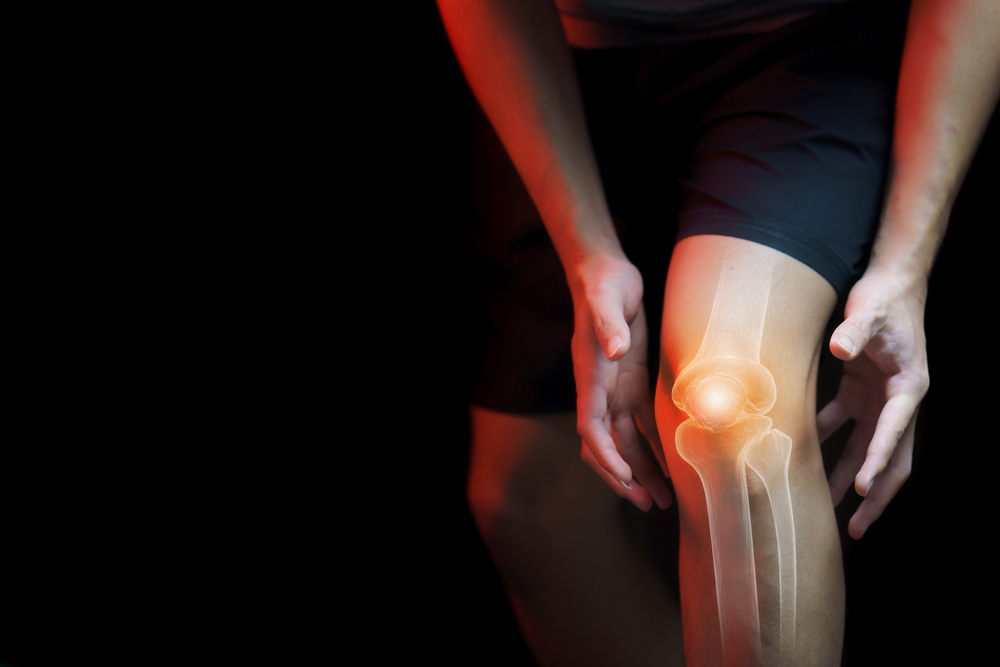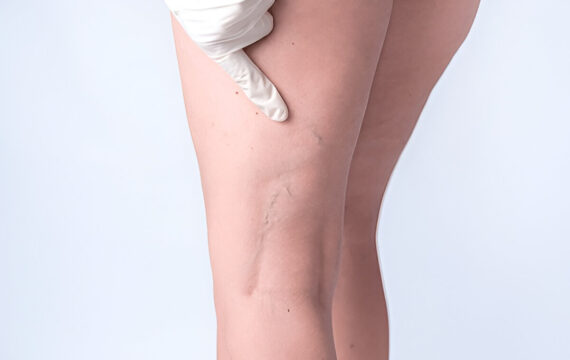If you’ve ever experienced a clicking or popping sound in your knee, you might have wondered if it’s something to worry about. One of the possible causes of knee clicking could be a meniscus tear, which is a common knee injury that affects people of all ages, especially athletes and those who engage in activities that put strain on the knee. In this article, we’ll explore what a meniscus tear is, how it can cause knee clicking, and what you should do if you suspect this injury.
Understanding the Meniscus
The meniscus is a C-shaped piece of cartilage in your knee that acts as a cushion between the thigh bone (femur) and the shin bone (tibia). Each knee has two menisci — one on the inside (medial meniscus) and one on the outside (lateral meniscus). These cartilages help absorb shock, stabilize the joint, and ensure smooth movement during activities like walking, running, and squatting.
Causes of a Meniscus Tear
A meniscus tear typically occurs due to a sudden twisting or rotating movement of the knee, especially when the foot is planted on the ground. It is commonly seen in sports that involve pivoting, such as soccer, basketball, or tennis. However, meniscus tears can also occur due to wear and tear over time, especially in older adults. Degenerative changes in the knee can make the meniscus more susceptible to injury from simple activities like getting up from a chair or stepping awkwardly.
Knee Clicking and Meniscus Tears
Knee clicking or popping is a symptom that many people experience. While not all knee clicking indicates a serious problem, it can sometimes be a sign of a meniscus tear. Here’s how the two are related:
- Mechanical Blockage: A torn piece of the meniscus can become dislodged and get stuck in the knee joint. This may cause the knee to “catch” or “lock,” leading to a clicking sound as the knee tries to move past the obstruction.
- Cartilage Damage: A meniscus tear often damages the smooth cartilage that lines the joint. As a result, the surfaces inside the knee no longer glide smoothly over each other, creating friction and noise when the knee moves.
- Joint Instability: If the tear affects the structural integrity of the meniscus, the knee joint may become less stable. This instability can cause abnormal movement patterns, contributing to clicking or popping sounds when you walk or bend the knee.
Other Symptoms of a Meniscus Tear
In addition to knee clicking, a meniscus tear may present with other symptoms, such as:
- Pain: Particularly when twisting or rotating the knee.
- Swelling: This may occur immediately or develop over several hours after the injury.
- Limited Range of Motion: You may find it difficult to fully extend or bend the knee.
- Locking or Catching: The knee might lock in a certain position, making it hard to straighten or bend.
Diagnosing a Meniscus Tear
If you’re experiencing persistent knee clicking along with other symptoms like pain or swelling, it’s important to consult a healthcare provider. A doctor or orthopedic specialist will typically start with a physical examination, asking you to move your knee in various ways to assess for pain, clicking, or instability.
In some cases, imaging tests like an MRI (magnetic resonance imaging) may be recommended to confirm the diagnosis and determine the extent of the injury. An MRI can provide detailed images of the knee’s soft tissues, including the meniscus.
Treatment Options
The treatment for a meniscus tear depends on several factors, including the size and location of the tear, your age, activity level, and overall knee health. Treatment options may include:
- Rest and Conservative Care: Minor meniscus tears may heal on their own with rest, ice, compression, and elevation (RICE). Nonsteroidal anti-inflammatory drugs (NSAIDs) can help manage pain and swelling.
- Physical Therapy: A structured rehabilitation program can strengthen the muscles around the knee and improve stability, which may reduce symptoms like clicking and improve function.
- Surgery: If conservative treatments don’t provide relief or if the tear is large, surgery may be necessary. The most common surgical options are:
- Meniscectomy: Removal of the damaged portion of the meniscus.
- Meniscus Repair: Suturing the torn edges together, which may be an option for younger patients with tears in areas of good blood supply.
When to See a Doctor
While occasional knee clicking is normal and often harmless, you should see a doctor if:
- The clicking is accompanied by pain or swelling.
- You experience knee locking, instability, or difficulty bearing weight.
- The symptoms persist or worsen over time.
Conclusion
Knee clicking can be caused by a variety of factors, but if it’s associated with pain, swelling, or instability, it could indicate a meniscus tear. Early diagnosis and treatment are key to preventing further damage and ensuring a full recovery. If you’re concerned about your knee clicking, it’s always best to consult a healthcare professional for a thorough evaluation and personalized treatment plan. the right medical support, you can effectively address nerve problems and regain control over your health.




